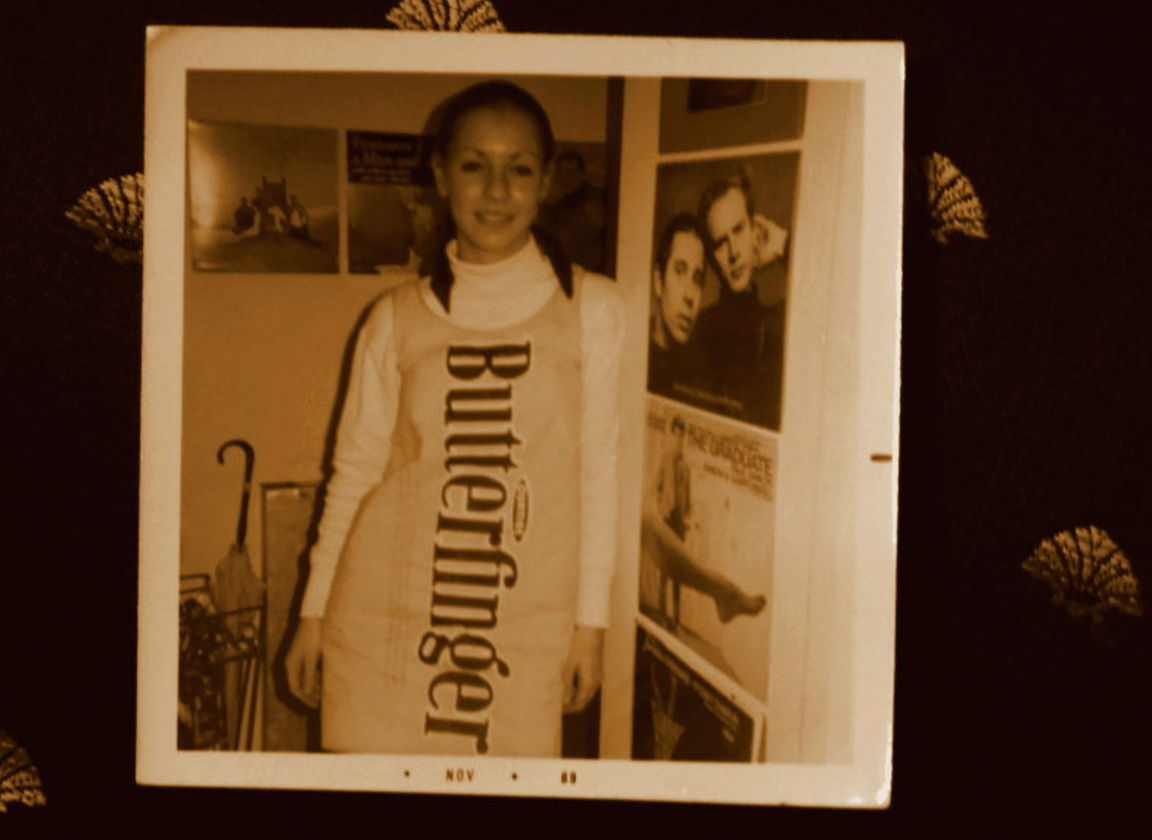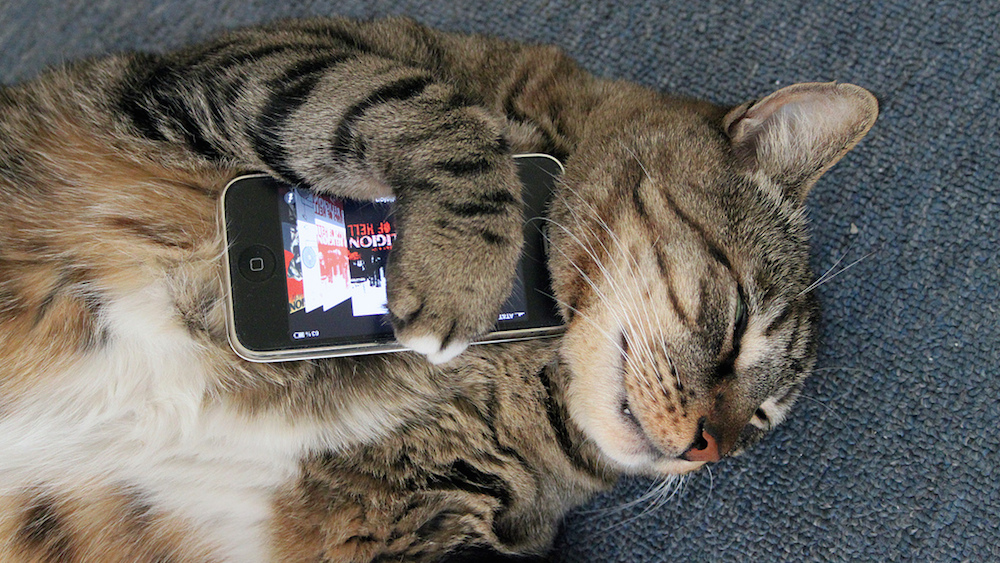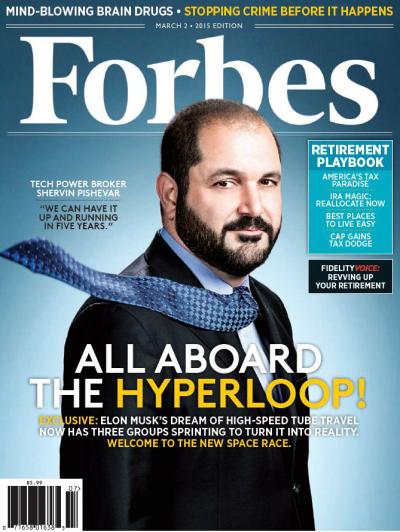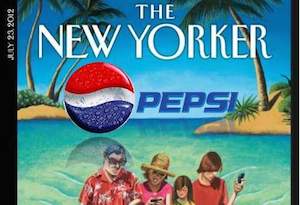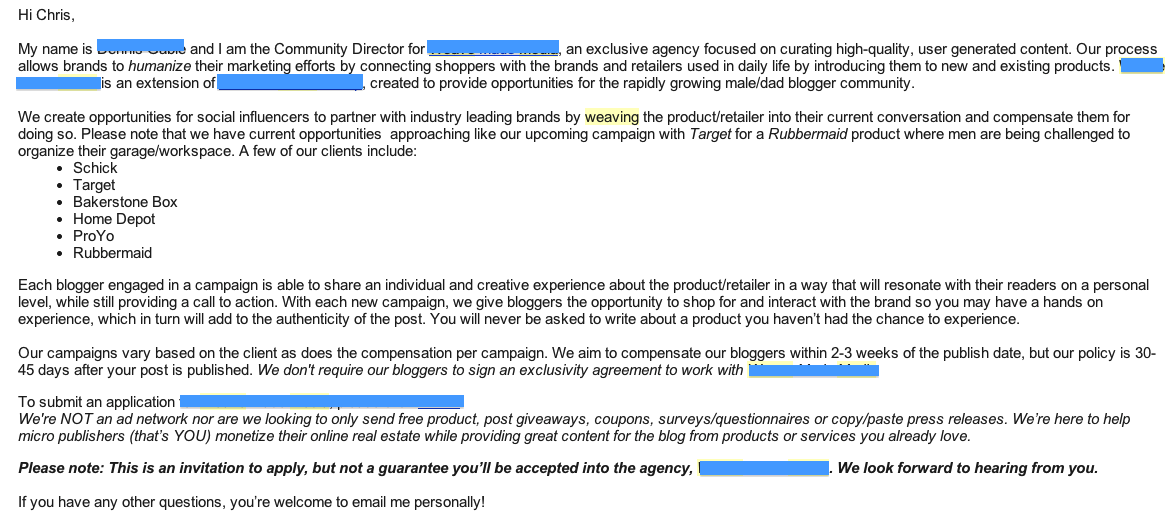You might assume that a child raised on online content may be better positioned to tell when news and information is coming from legitimate sources and when that source is a fake or an ad. However, the results of a new study appear to indicate that this always-connected generation is no better equipped to sort fact from fiction online. [More]
native advertising
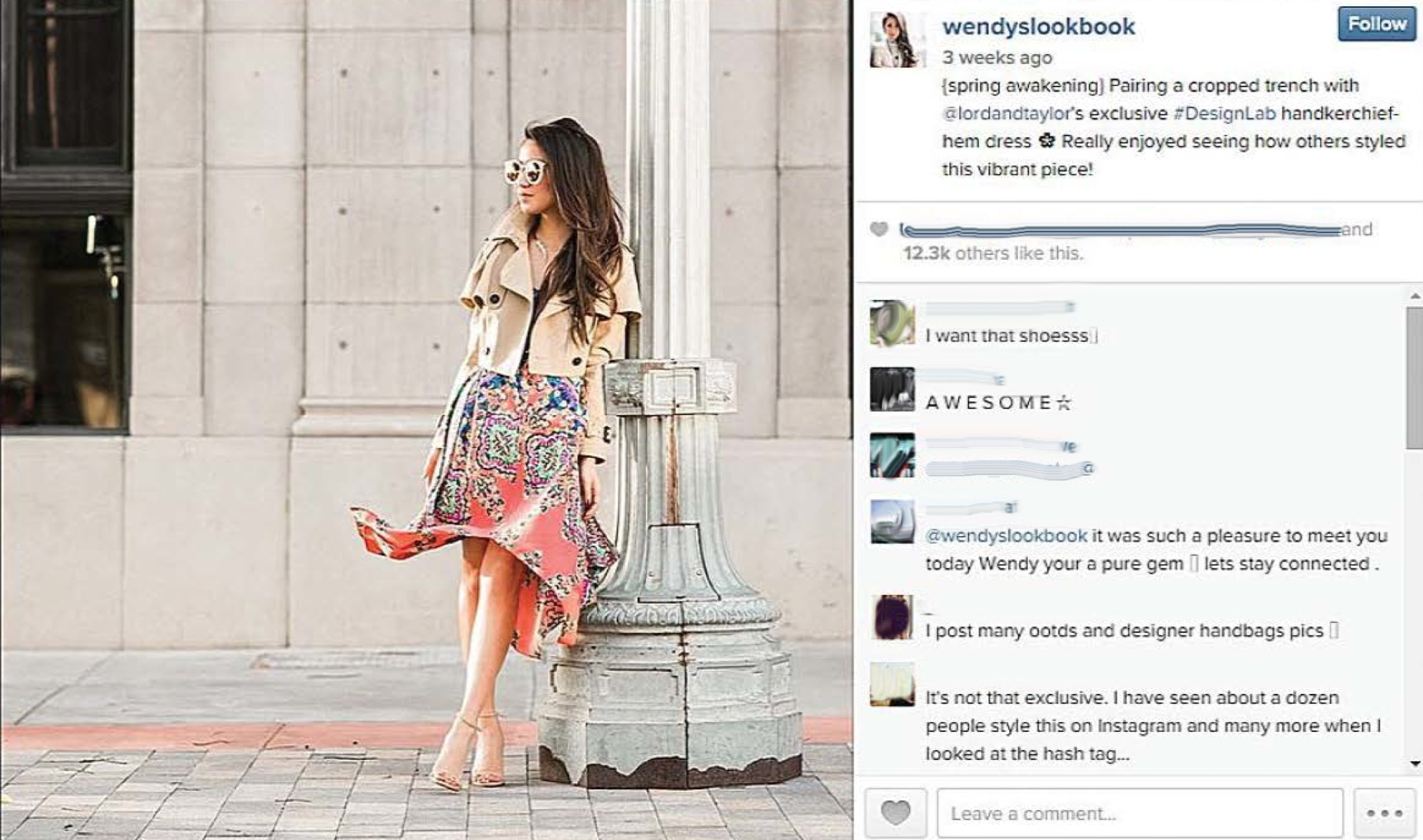
Lord & Taylor Gets Slap On Wrist For Paying Instagram “Influencers” To Run Secret Ads
If you’re getting paid to chat up a product or brand on social media, you need to disclose your relationship with what you’re shilling. That’s why retailer Lord & Taylor ended up in hot water with the Federal Trade Commission after paying high-profile Instagram accounts to secretly market their clothing without revealing that these were just ads. [More]

ESPN Admits: Tweets By Adam Schefter & Chris Mortensen Were Unmarked Ads For Domino’s
Plenty of famous people post Tweets, Facebook updates, and Instagram photos where they mention a product or company name that they truly enjoy. But if those celebs are getting paid to slap their name on these messages, they need to be transparent about it. A pair of sportscasters at ESPN apparently missed that memo when they recently name-dropped Domino’s Pizza on Twitter. [More]

Comcast Should Pay You For Sitting Through All Its Product Placement In Sharknado 3
If you’re one of the 1,743 people who are still amused by the whole Sharknado phenomenon, then you should consider yourself warned that the latest entry into the self-consciously trashy TV franchise is apparently not much more than an extended commercial for numerous Comcast-owned brands. [More]
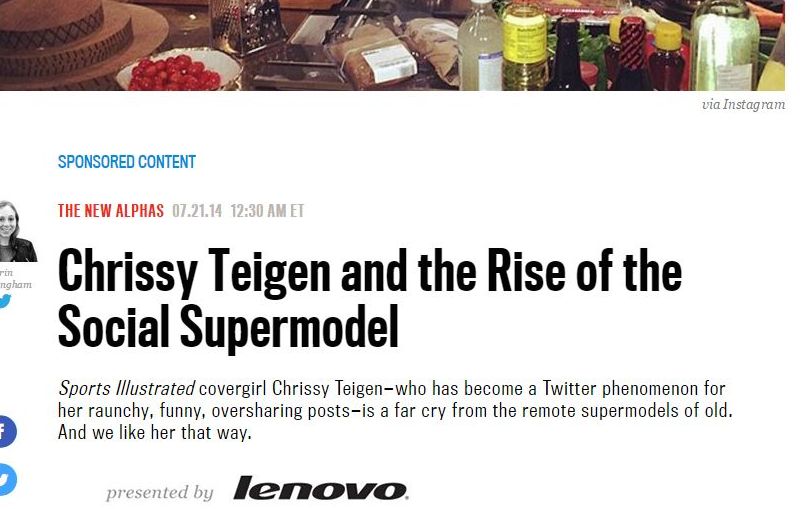
Why Do Websites Refuse To Label Sponsored Content As “Advertising”?
Looking back at our breakdowns of so-called “native advertising,” the ad-world terminology for an advertisement made to look like a news story, you may have noticed that these execrable, nauseating (but profitable) ads were labeled things like “Sponsored by…,” or “Promoted,” or the blatantly vague “From our partners,” but none of them simply said “advertisement.” And the people who make money off this insidious nonsense say there’s a good reason. [More]
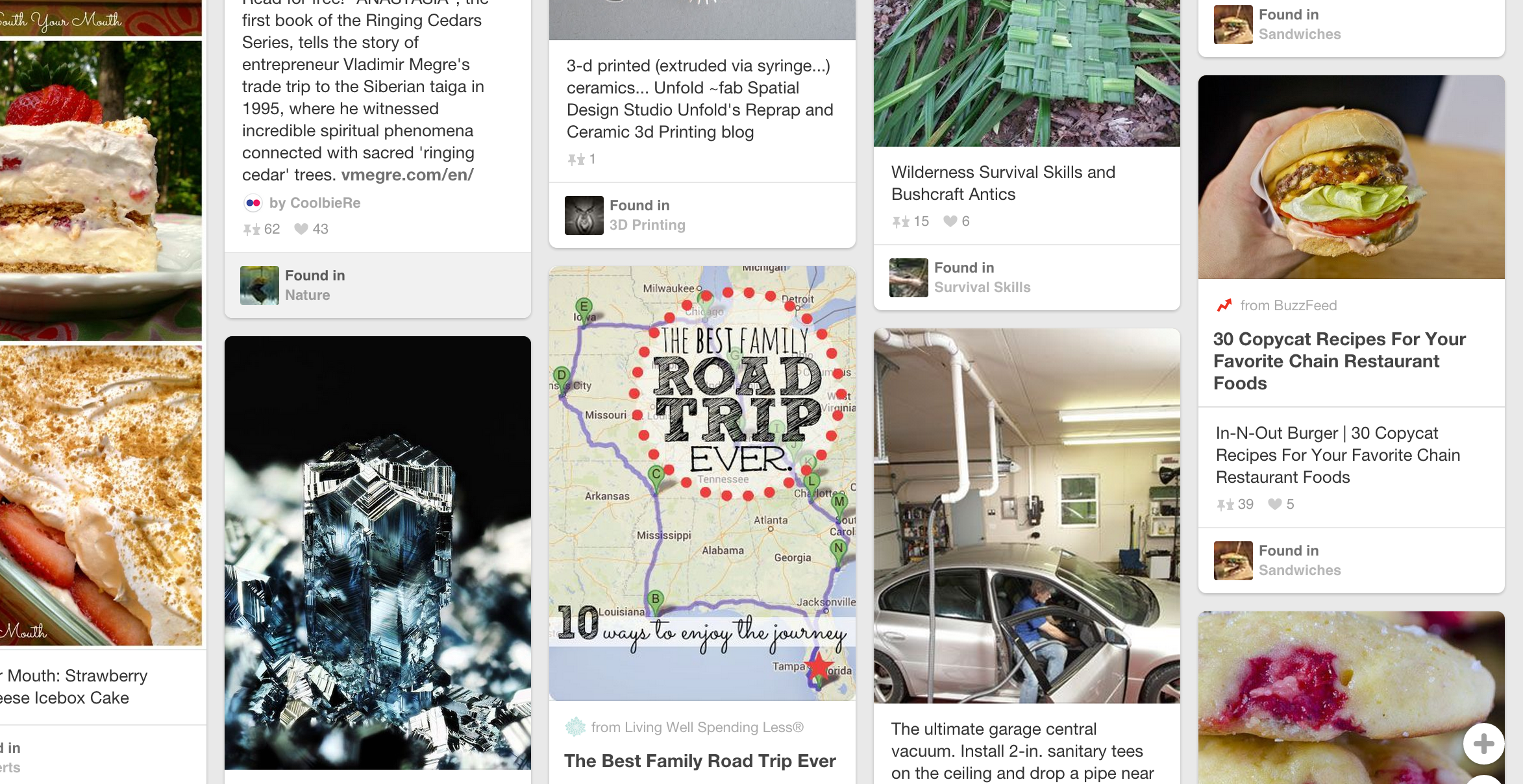
Expect A Lot More “Promoted Pin” Ads On Pinterest In 2015
Pinterest isn’t just about sharing wedding decoration ideas and food photos. It’s also a way for advertisers to push their “Promoted Pin” ads on users, and apparently it’s been successful at doing that, as Pinterest is promising to roll out this advertising option to everyone in the coming year. [More]
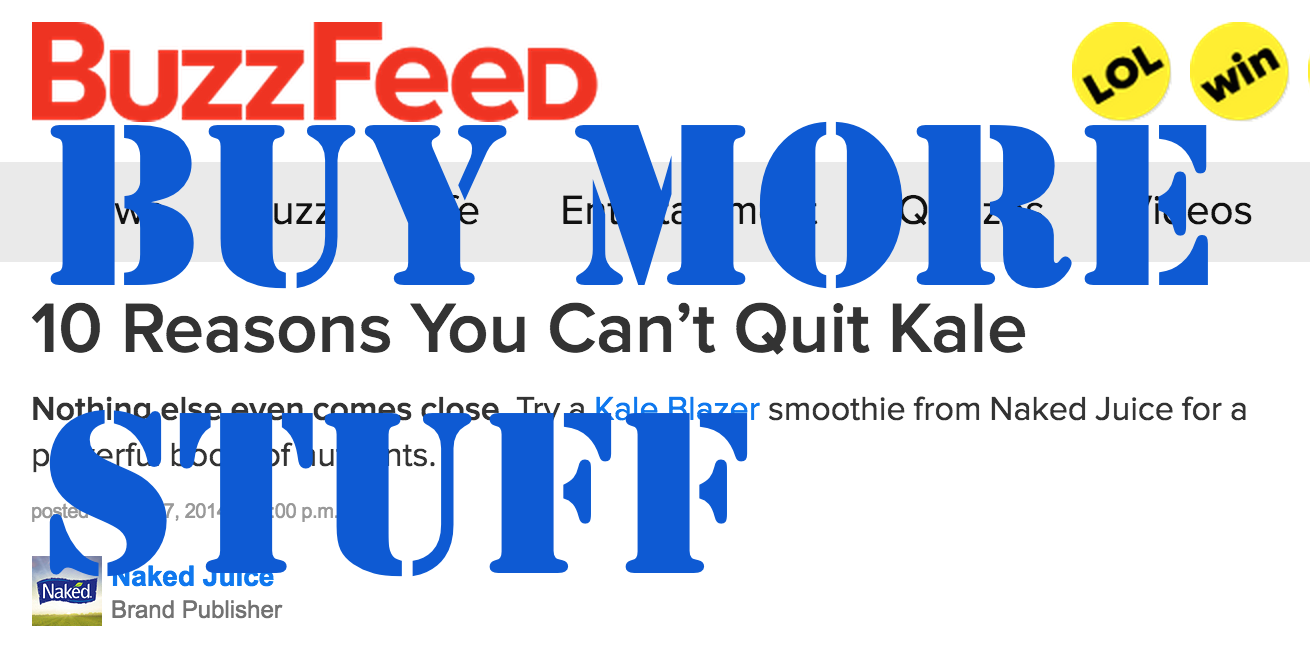
Expect To See More Ads Pretending To Be Editorial Content
At the same time as Google is looking to give some sites a way to make money by not running ads, advertisers are ramping up their spending on ads that look like editorial content and can’t be avoided with any ad-blocking plugin. [More]
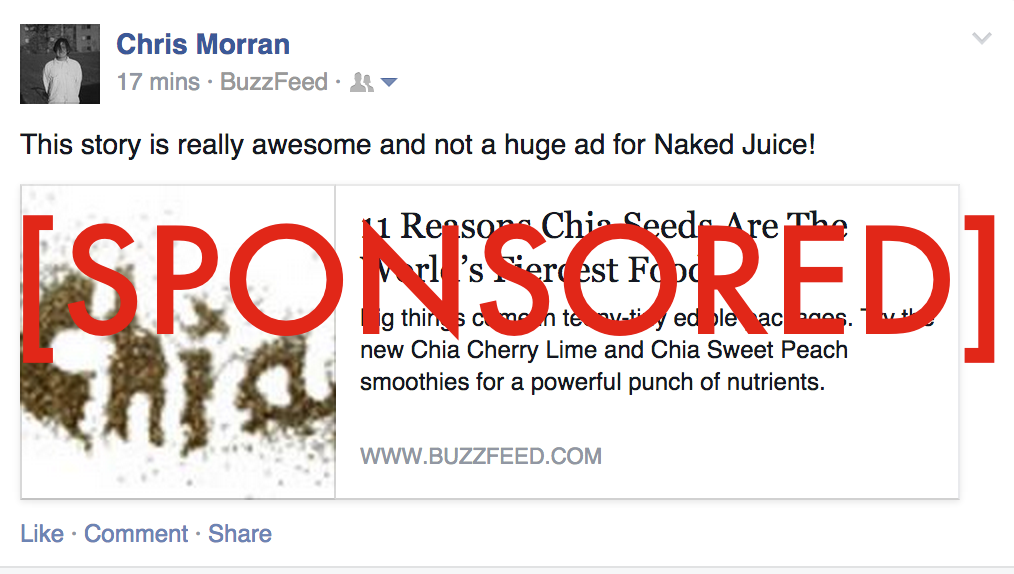
If Facebook Is Going To Label Satirical Stories, It Should Be Calling Out Ads Posing As News Links
Facebook began labeling certain shared links as “satire,” as a bit of hand-holding for its less-savvy users who can’t tell the difference between an actual news headline and one written by the writers of The Onion. But what Facebook really needs to do is start labeling so-called “native” or sponsored stories on non-satire sites so that your idiot friends might think twice before sharing a story that is really just an ad for some juice company. [More]
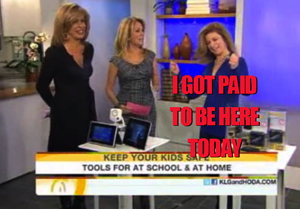
Feds: ADT Paid “Independent” Experts To Shill For Pulse Security System
When you see a so-called expert on the Today Show talking up a product, you might reasonably assume that this expert is giving you an honest opinion that hasn’t been tainted by cash or gifts. Alas, not every company is up front about the fact that they paid hundreds of thousands of dollars to get their product mentioned on TV by not-exactly-independent experts. [More]
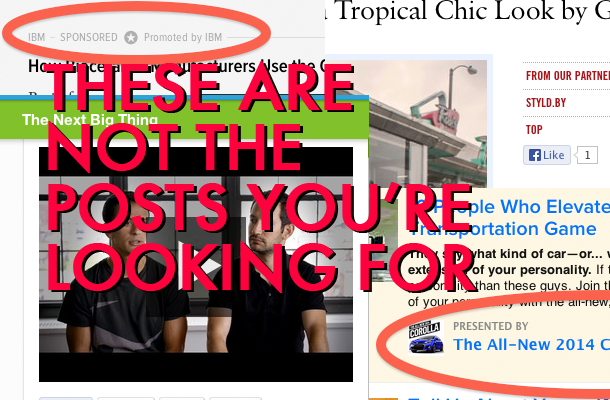
The Many Ways Of Hiding An Ad As A “Sponsored Post”
Advertisers have always sought seamless integration of their brands into consumer-targeted content, driven by the notion that the audience is less irritated by a commercial if it doesn’t scream “I’m a commercial.” But at what point does that line get so fuzzy that it’s hard to tell the difference between the two? [More]




